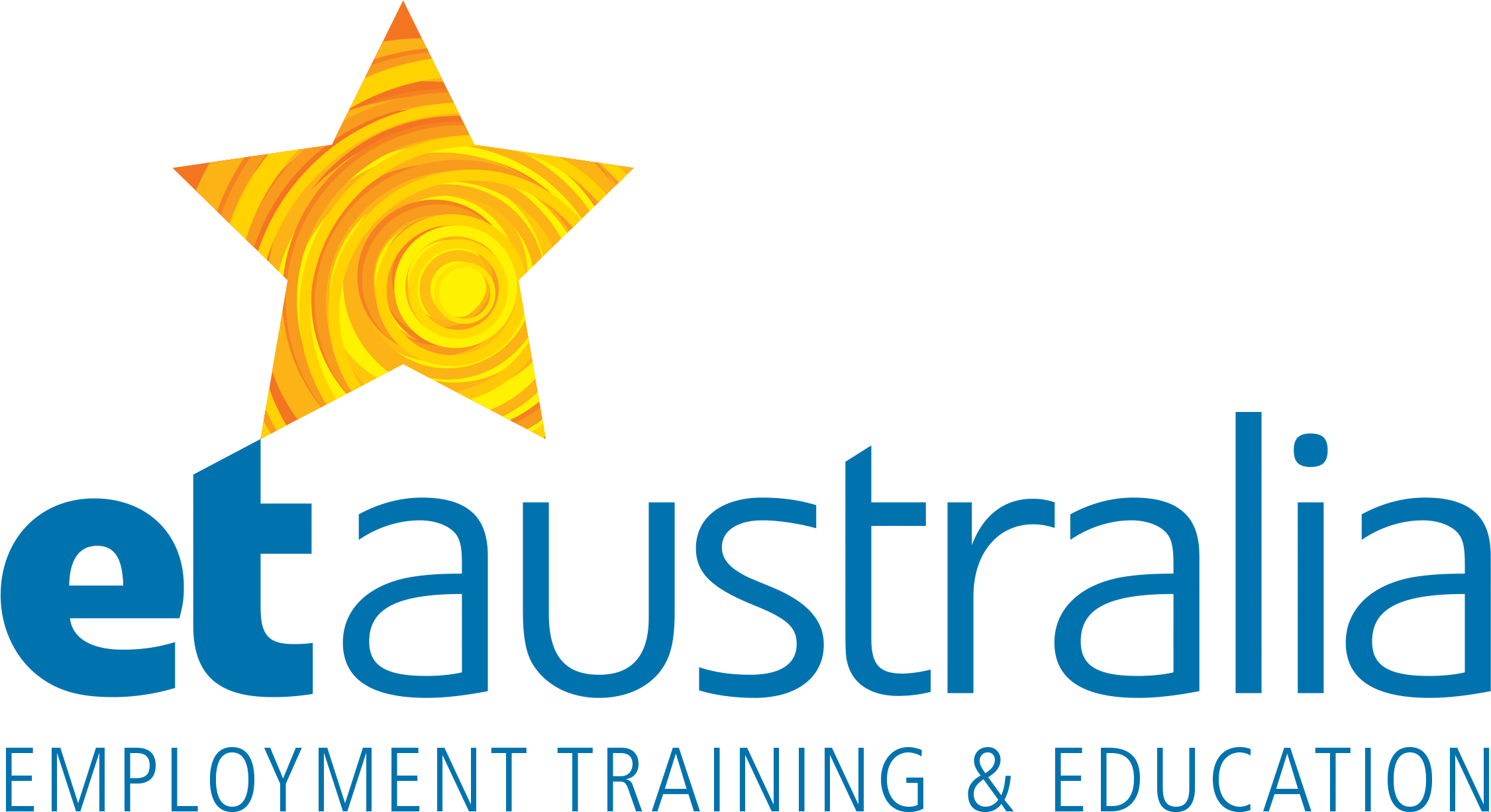We’re living in an era of workplace communication overload, from digital platforms such as instant messaging, email and Skype, to more traditional methods such as phone calls, seminars, events and printed media.
When used in the right way, the abundance of ways to connect with our peers and colleagues leads to more productivity and quicker, more efficient processes, but it can also open up questions around protocol, etiquette and room for misinterpretation.
In a corporate environment, you’ll be required to communicate effectively across generations, seniority levels and cultural backgrounds, so it’s important to hone your skills and build your confidence in this area.
As this article suggests, communication may seem easy, after all, we’ve been doing it since we could talk, but ensuring you are being understood and understanding others effectively, can actually require some finesse.
Three top tips include:
- Speak in person if clarity is needed. Yes, email is a wonderful thing, but so is the art of face-to-face communication. Issues can be solved instantly and in a much more personable way.
- Really listen. We all recognise when the person we’re talking to is just waiting for their turn to speak, or worse, their mind is on other things. Don’t be that person!
- Understand your audience. Just as we may speak differently to a stranger than we would to our sibling, adapting your tone and language depending on situation, seniority level or age can be crucial to perfecting the art of communication at work
But even if you’re not looking for a career within a corporate environment, you’re not off the hook when it comes to learning effective communication skills. In fact it’s crucial to success in both Aged Care and Early Childhood Education working environments too.
Asking the right questions and really listening to the answer of a person, whether they are 3, or 93 makes them feel respected, valued and understood. Author and speaker Lindsay Tige suggests that too often Aged Care workers tell clients what to do, rather than ask, leading to frustration and miscommunication.
Of course connecting on a level with children and the elderly comes with practice and experience, but education, vocational training and upskilling will provide you with the tools and confidence to overcome these challenges and experience the rewards and fulfillment that work within this industry offers.
To find out more about how you could qualify, or upskill in Aged Care or Early Childhood, head to our website. To keep up to date with everything that goes on at ET Australia, make sure you like us on Facebook.
RTO ID 90084

